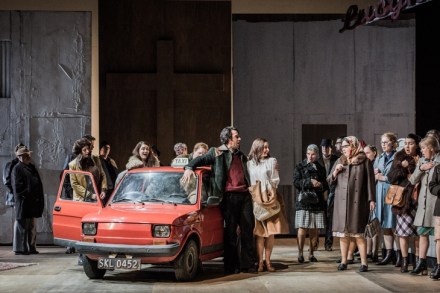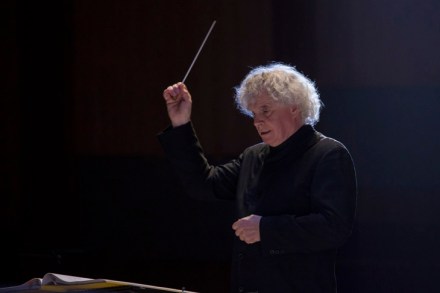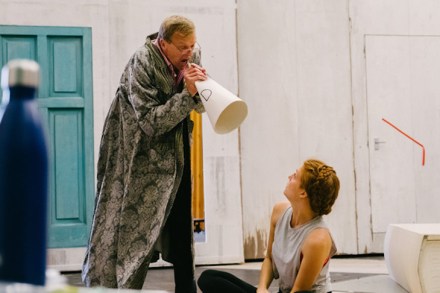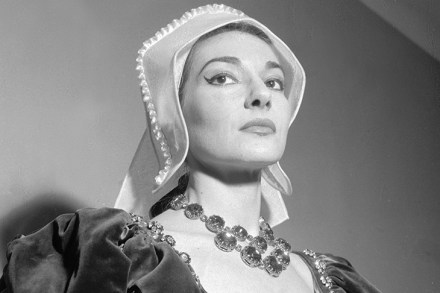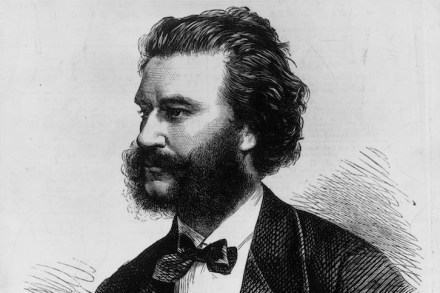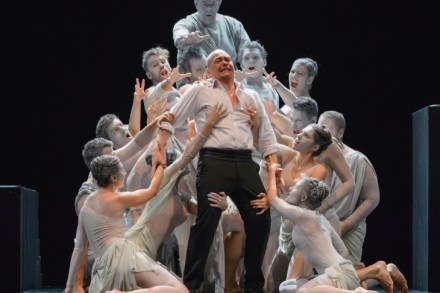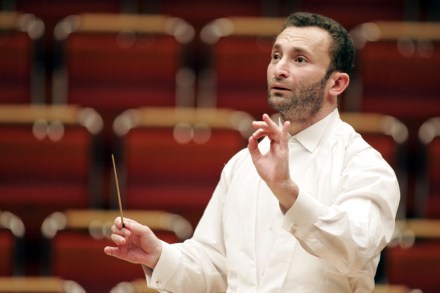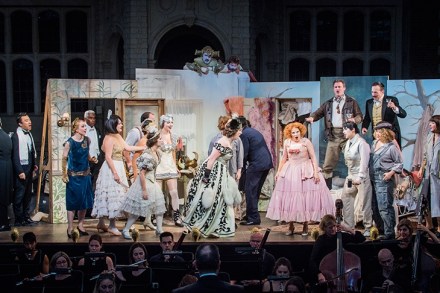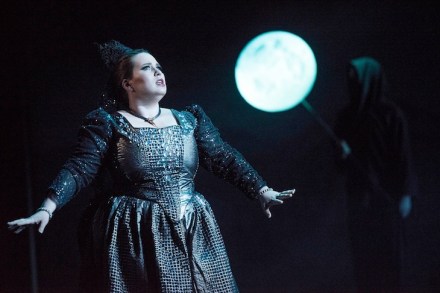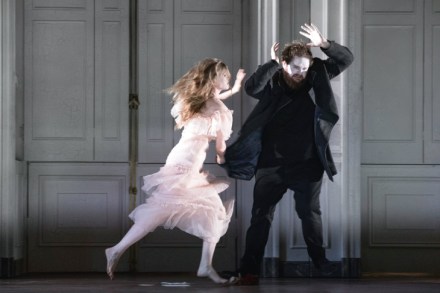Soap opera
Previously on Giulio Cesare… English Touring Opera’s new season caters cannily to the box-set generation by chopping Handel’s Egyptian power-and-politics opera in two, playing each half on consecutive evenings as edge-of-your-seat instalments in a sort of baroque House of Cards. Will Cleopatra outwit her wicked brother? Will she and Cesare ever get together? Will Sesto ever stop dithering and do the deed? Tune in tomorrow night to find out. If that sounds like the kind of pacy, racy entertainment you’ve always longed for in the opera house, be warned; this is Giulio Cesare: the Director’s Cut, doggedly and absolutely complete, down to every last recitative, aria and interlude. By way


